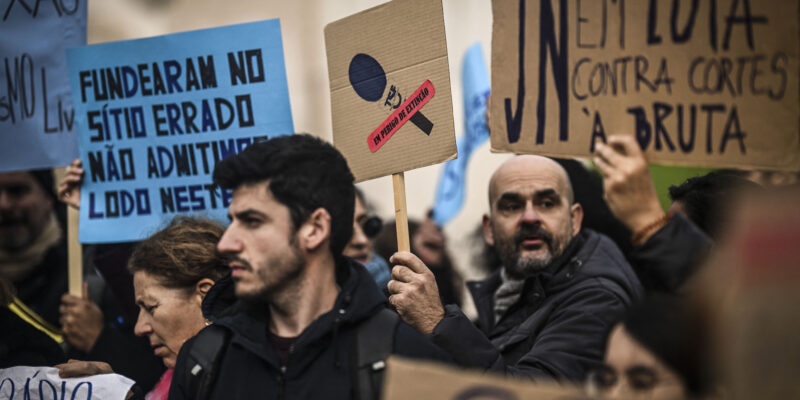The struggle to deal with the downside of globalisation is a challenge to journalists’ unions everywhere. Media staff, like the workforce in every other sector of the world economy, are under pressure from voracious employers who are cutting editorial budgets, slashing jobs and undermining trade union organisations.
In Europe, the labour rights of journalists continue to face threats from an increasing deregulated market and austerity measures. The European Federation of Journalists (EFJ) has established the Labour Rights Expert Group (LAREG) to develop strategies and provide tools for EFJ members to create strong trade unions and to negotiate collective agreement.
LAREG has launched a “Database in Progress”, which comprises labor terms and remuneration data for journalists working in European countries. The conference on Equal Rights for Journalists, held in Thessaloniki in 2012, was the starting point of an effort to document innovative practices for unions.
In the coming years, the LAREG will implement the following actions as adopted by the EFJ Annual Meeting in Verviers, Belgium 2013:
-
- Lobby for laws to reinforce the labour rights of journalists
- Reinforce information exchange among EFJ members
- Involve all EFJ members in LAREG especially those in the Central and Eastern European countries
- Mainstream labour rights issues in all media issues (i.e. ethics, pluralism, press freedom)
- Cooperate with the EFJ Freelance Expert Group on issues that arise from the new forms of employment
- Implement recommendations on developing global strategy with the IFJ and the International Labour Organisation and training programmes, integrating all media workers in unions
Since 2016, thanks to the support of a UNESCO-EU project, EFJ LAREG has been transformed to LAREG+ including journalists and trade unionists from Western Balkans and Turkey.
COLLECTIVE TOOLBOX
The EFJ Collective Toolbox gathers the latest developments on labour rights, best practices for collective bargaining or new campaigns to strengthen the labour rights of journalists. We have gathered together all the information mentioned above from our affiliates and provided a range of informative tools and tips to get the most out of collective agreements for journalists.






